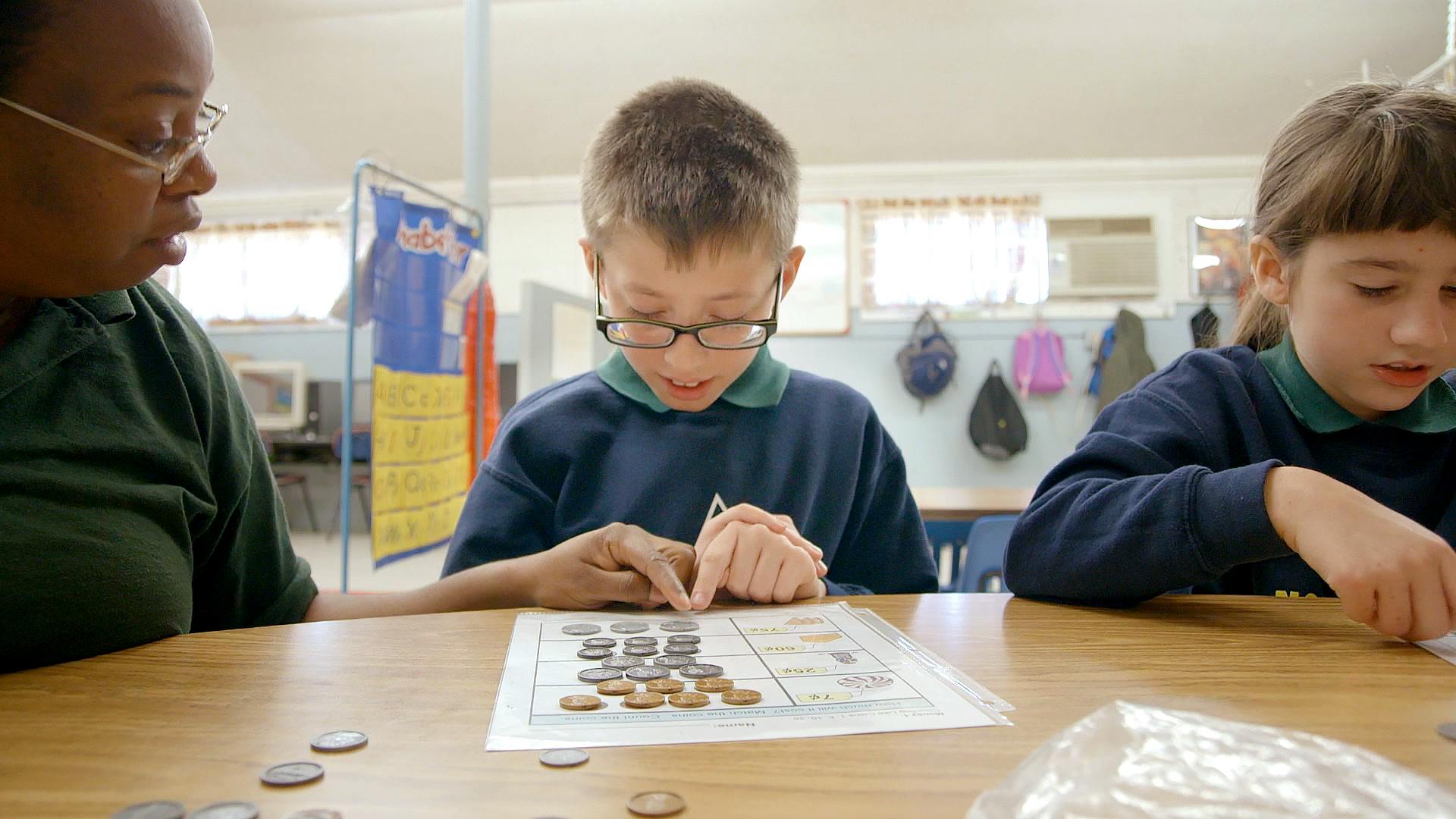Florida educators are raising expectations for what students with diverse learning needs can achieve. They are focused on access and growth for every learner. To meet that goal, teachers need solutions that align with Florida’s Access Points and make age-appropriate, standards-based instruction available to all students.
Unique Learning System (ULS) helps make that happen. Built from the ground up to support accessibility and accountability, ULS gives Florida classrooms a complete instructional framework that connects curriculum, data, and planning in one seamless experience.
Every lesson aligns with Florida’s Access Points and includes built-in differentiation, ready-made materials, and progress monitoring tools that support meaningful learning for every student.
Hear from Maria Barrera, a Program Specialist for Pasco County Schools, on how ULS empowers Florida educators to deliver instruction that is consistent, data-informed, and focused on student growth. The result is clear: high quality instruction, greater access, and better outcomes for every learner.
Maria Barrera, M.Ed.
Program Specialist, SSPS – Pasco County Schools (FL)
Maria Barrera is a Program Specialist in Pasco County Schools, where she supports curriculum development, instructional planning, and data-informed practices for students with significant disabilities. She began her career in Ecuador and holds degrees in Early Childhood and Special Needs Education, along with a Master of Arts in Special Education from the University of South Florida. With over 20 years of experience, Maria has served as a teacher, mentor, and coach. She is currently pursuing her Florida Educational Leadership certificate.
Take the guesswork out of measuring growth
Meet your GPS for special education: goals, preferences, and skills all in one place
Maria shares how ULS removes uncertainty from tracking student progress. Teachers want to use data to guide instruction, but without consistent benchmarks, it can be hard to measure growth or compare progress across schools and years. ULS changes that.
ULS’ built-in GPS, which stands for Goals, Preferences, and Skills, gives teachers a clear picture of where students are, how they are growing, and where more support is needed. After each assessment, ULS automatically creates summary statements and visual progress graphs that help teachers write IEP present levels, monitor growth, and share results with families.
The demo shows how unit checkpoints, profiles, and annual rubrics connect to standards and content. These tools help educators document both short-term and long-term progress. With ULS, benchmarking turns data into direction and outcomes schools can trust.
Support consistent instruction across every classroom
Through ULS, Florida schools use ready-made lessons to support teachers and ensure uninterrupted learning
Maria describes how ULS gives schools the structure and materials needed to maintain consistent instruction across classrooms.
Ready-made, standards-aligned lessons provide complete instructional plans, activities, and differentiated resources. This reduces planning time and helps learning continue smoothly, even when staff changes or absences occur.
The demo highlights ULS lessons that include scripting, instructional guides, and evidence-based practices to support educators at every level. For administrators, this means less variability, stronger alignment with standards, and a dependable framework that promotes teacher success and student growth.
Ensure every student can access standards-aligned curriculum at their level
Florida educators use ULS to deliver differentiated, age-appropriate, standards-based instruction
Maria discusses how ULS helps schools give all students access to grade-level standards in ways that are meaningful and achievable. ULS equips teachers with differentiated lessons and supports that allow them to meet each student’s needs while maintaining alignment with academic expectations.
The demo shows how each ULS lesson offers multiple levels of differentiation. The same core content and standards remain, but the level of support changes to match student ability. From learners solving equations independently to those using modeling or tracing, every student engages with the same concept at the right level of challenge.
For administrators, this ensures consistent instruction, equitable access to learning, and confidence that all students are being taught to the standards, regardless of ability.
